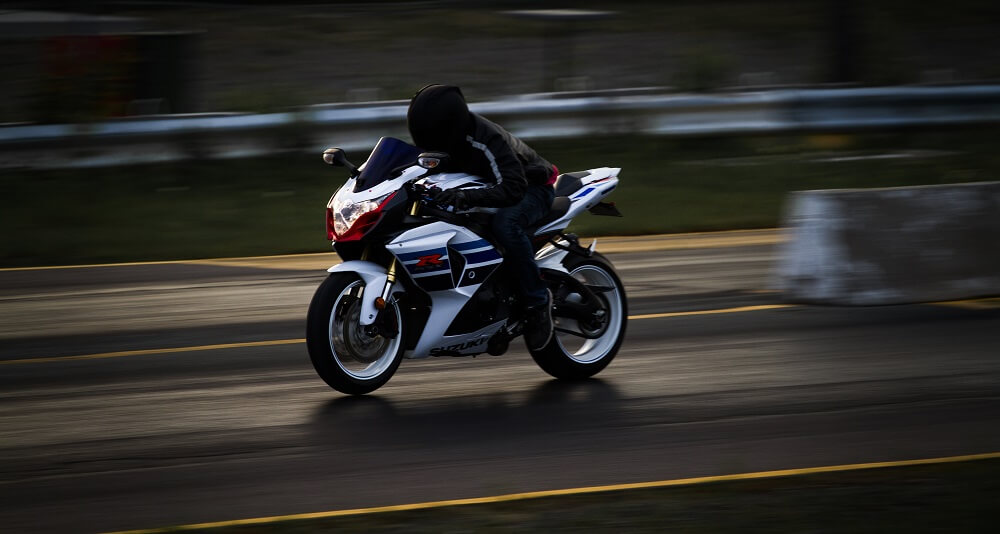
All is not lost – Partial Cancellation of a German Trade Mark for non-use
Third parties can seek to revoke a registered German trade mark – or a European Union trade mark – on the grounds of non-use if the registered mark is not used within five years of registration, or, it has not been used in the five year period prior to the revocation action being filed.
On 28 February 2019, the Higher Regional Court of Nuremberg issued an indicative order in a cancellation action brought against a German trade mark which was used for electric bicycles. The contested trade mark had been registered for “land vehicles (except automobiles), aircrafts and watercrafts, motorcycles, bicycles, motorcycle and bicycle components” (Nice class 12) on 30 January 1925.
The Court held that the burden of proof in cancellation actions lies with the Plaintiff and the partial limitation of the contested trade mark’s specification of goods and services is possible.
Background
On 7 June 2018, the Regional Court of Nuremberg-Fürth ordered the Defendant and owner of the contested trade mark to agree to the deletion of the goods “motorcycles” and “motorcycle and bicycle components” and to restrict the claimed good “land vehicles (except automobiles)” to “muscle-driven land vehicles (except automobiles) which can also be electrically driven”.
The Plaintiff challenged the judgement arguing that the evidence of use submitted by the Defendant did not prove use of the trade mark for electric bicycles. Accordingly, the Plaintiff requested deletion of the goods “motorcycles”, “motorcycle and bicycle components” and “land vehicles (except automobiles)” from the list of goods and services. In particular, the Plaintiff was not willing to accept the restriction of the contested trade mark to “muscle-driven land vehicles (except automobiles) which can also be electrically driven”.
The Court’s opinion
The Higher Regional Court of Nuremberg did not uphold the Plaintiff’s appeal since the Plaintiff failed to provide evidence the Defendant did not use the contested trade mark for electric bicycles. The Court held that the Plaintiff bears the burden of proof for non-use of the contested trade mark. Although according to Sec. 242 of the German Civil Code (Bürgerliches Gesetzbuch) the so called secondary burden of proof lies with the Defendant and trade mark owner, this does not result in a reversal of the burden of proof. If the Defendant substantially questions the Plaintiff’s assertion of non-use of the contested trade mark, the full burden of proof lies with the Plaintiff.
Moreover, the Court stated that the use of a trade mark for bicycles with and without an electric support engine also preserves the rights with regard to the generic term “muscle-driven land vehicles (except automobiles) which can also be electrically driven”.In other words, using the trade mark for some of the claimed goods may constitute use of the trade mark for other goods in the same subgroup.
In the Court’s opinion this approach reflected the economic interests of the trade mark owner and was justified by the fact that according to public opinion goods from the same subgroup have similar characteristics and purposes (German Federal Court of Justice, judgment of 8 January 2014, court ref.: I ZR 38/13 – Probiotik).
Where a registered trade mark incorporates a broad generic term used for goods and/or services, an appropriate sub-group must be defined within the generic term. Only the use of the trade mark for the goods and/or services of this specific sub-group would constitute a use preserving the right to use the trade mark (German Federal Court of Justice, decision of 1 June 2011, court ref.: I ZB 52/09 – Maalox/Melox-GRY). If, however, different categories of goods and/or services cannot be identified and subgroups cannot be formed for the generic term, this approach is not possible.
Against this background the sub-group defined by the Regional Court of Nuremberg-Fürth, being “muscle-driven land vehicles (except automobiles)”, could also be “electrically driven” and therefore not validly objected to. The Defendant’s use of the trade mark for bicycles with a support engine would not be sufficiently covered by the claimed good “bicycle”. According to road traffic law a bicycle must be driven by muscle power only and this needs to be taken into account when applying the relevant trade mark provisions when the use of a trade mark is in dispute.
Consequences
The Higher Regional Court of Nuremberg’s approach is noteworthy for all trade mark owners. Anyone who considers filing a cancellation action against a German trade mark should ensure they have sufficient evidence to prove that the trade mark has not been used appropriately.
When considering whether to preserve a trade mark registration in a cancellation action, a German Court will take into account the practical needs of trade mark owners. The artificial partitioning of the goods and services in a trade mark specification is inconsistent with the actual market conditions and is contrary to proper trade mark practice.








